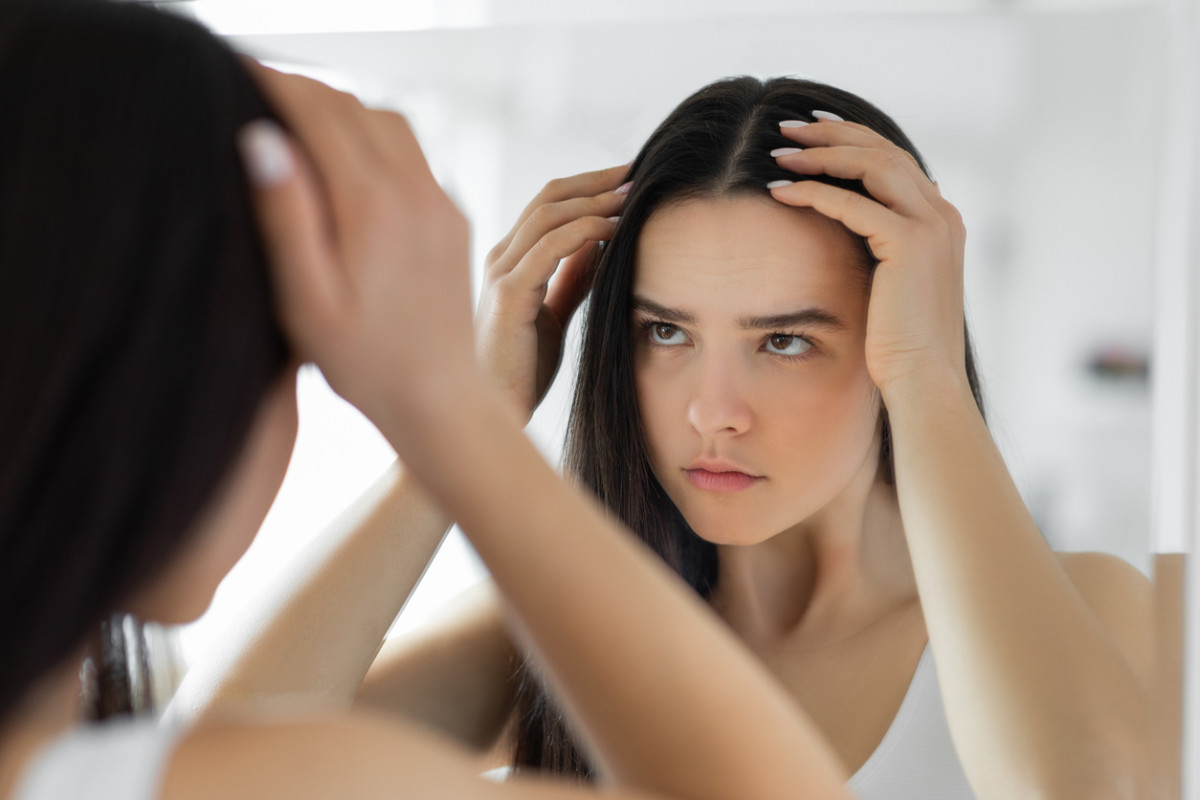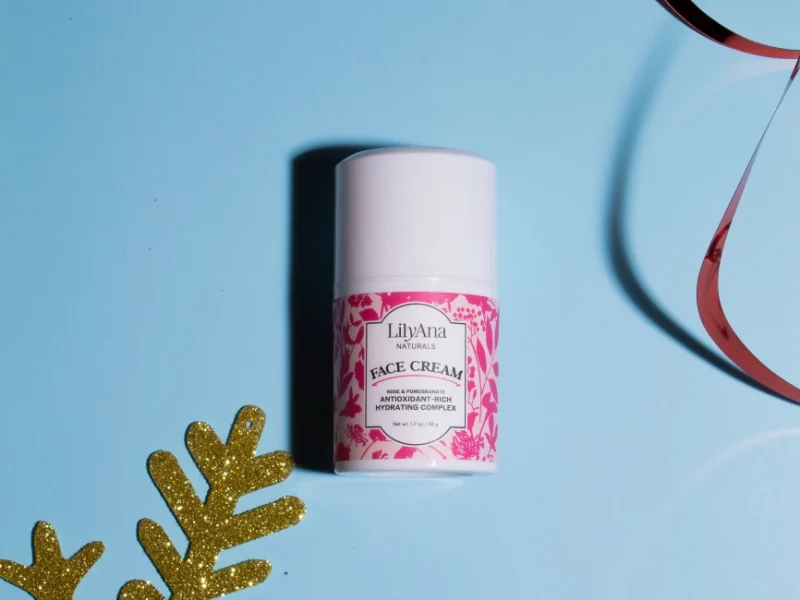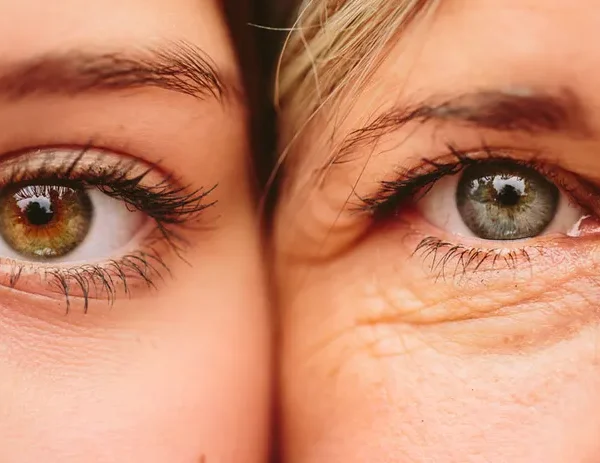Are you tired of those pesky white flakes on your shoulders and the itchiness that comes with them? Dandruff can be a real nuisance, but fear not—there are effective solutions to tackle it. In this article, we’ll delve into the world of dandruff, exploring its various types, causes, and treatments, including dandruff-free shampoo and dandruff-free hair oil. Let’s get started.
Types of Dandruff
- Dry Scalp Dandruff: Dry scalp dandruff is the most common type. It occurs when the scalp becomes dry, leading to flaky skin that sheds as dandruff. Cold weather, excessive shampooing, or the use of harsh hair products can contribute to this condition.
- Oily Scalp Dandruff: On the opposite end of the spectrum is oily scalp dandruff. This type results from an overproduction of sebum, the skin’s natural oil. Excess oil can lead to the growth of a yeast-like fungus called Malassezia, which triggers dandruff. Oily scalp dandruff is characterized by larger, greasier flakes.
- Fungal Dandruff (Seborrheic Dermatitis): Seborrheic dermatitis is a more severe form of dandruff. It results from an inflammatory reaction to the Malassezia fungus, causing red, itchy, and scaly patches in addition to dandruff flakes.
- Psoriasis: Although not technically dandruff, psoriasis can affect the scalp and lead to flaking skin. Psoriasis-related flakes are typically silvery and thicker than traditional dandruff flakes.
Effective Solutions for Dandruff
Now, let’s explore effective treatments for dandruff, including dandruff shampoo and dandruff-free hair oil:
- Dandruff Shampoo: To combat dandruff, consider using a specialized dandruff shampoo containing ingredients like pyrithione zinc or coal tar. These ingredients help alleviate dandruff symptoms while cleansing your hair.
- Dandruff-Free Hair Oil: Applying hair oil can be a part of your dandruff treatment at home. Look for hair oils known for their anti-dandruff properties, such as neem oil, tea tree oil, or coconut oil. These oils can help soothe the scalp and reduce dandruff.
- Home Remedies: There are several natural remedies like apple cider vinegar or aloe vera that can be effective as part of your dandruff treatment at home. These treatments can provide relief from itching and flaking when used regularly.
Preventing Dandruff Recurrence
Preventing dandruff recurrence is as crucial as treating it. Here are some additional tips to maintain dandruff-free hair:
- Manage stress levels, as stress can worsen dandruff.
- Avoid excessive use of hair products and heat styling tools, which can exacerbate the condition.
- Maintain a healthy diet rich in vitamins and minerals to promote scalp health.
Remember that dandruff causes can vary from person to person, so it’s essential to find a treatment that works best for you. If over-the-counter solutions don’t provide relief, consult a dermatologist for a personalized dandruff treatment plan.
In conclusion, dandruff can be a nuisance, but with the right knowledge and care, you can effectively tackle it. Whether you choose dandruff shampoo, dandruff-free hair oil, or natural remedies, a healthy scalp is within reach. Say goodbye to flakes and itchiness and hello to dandruff-free hair!



